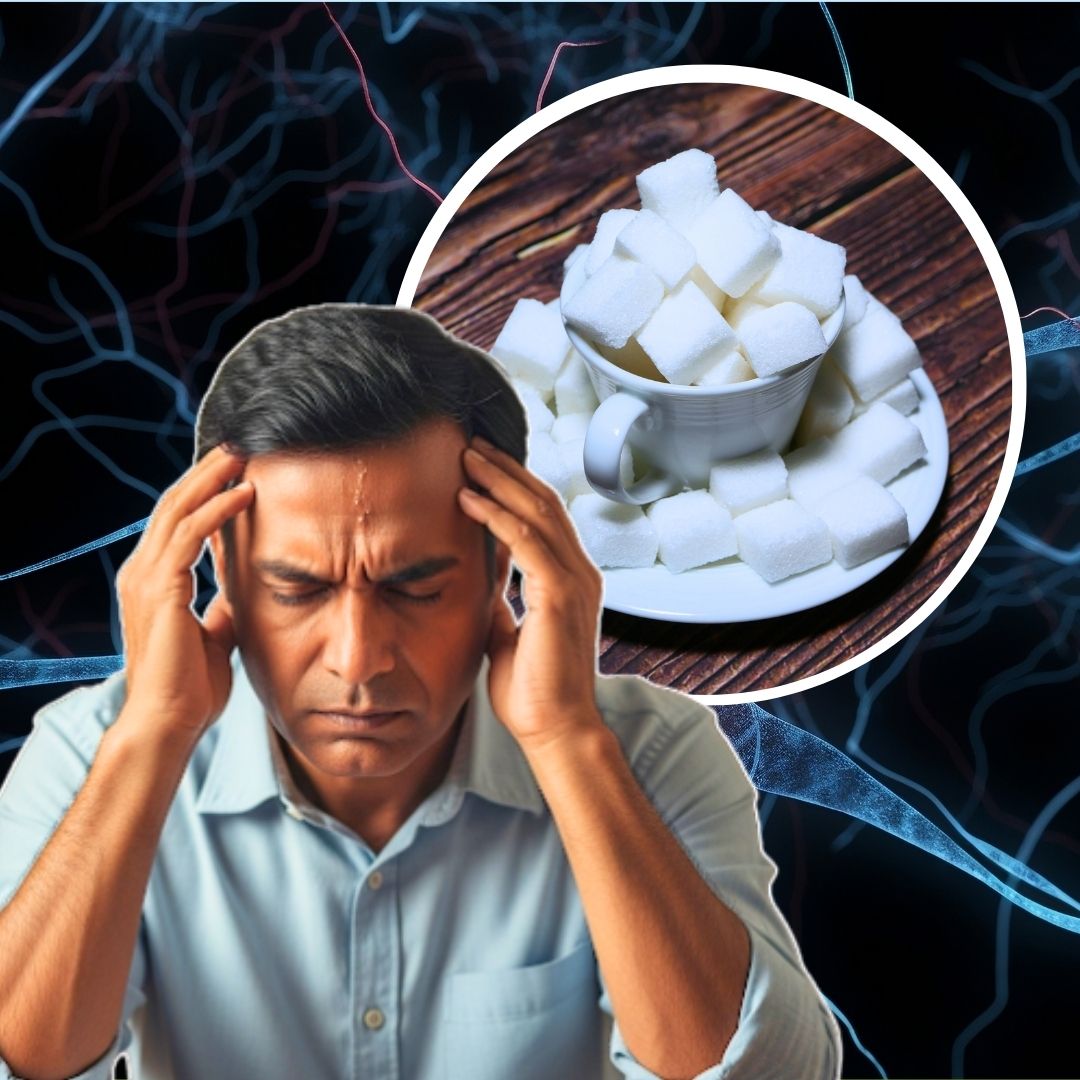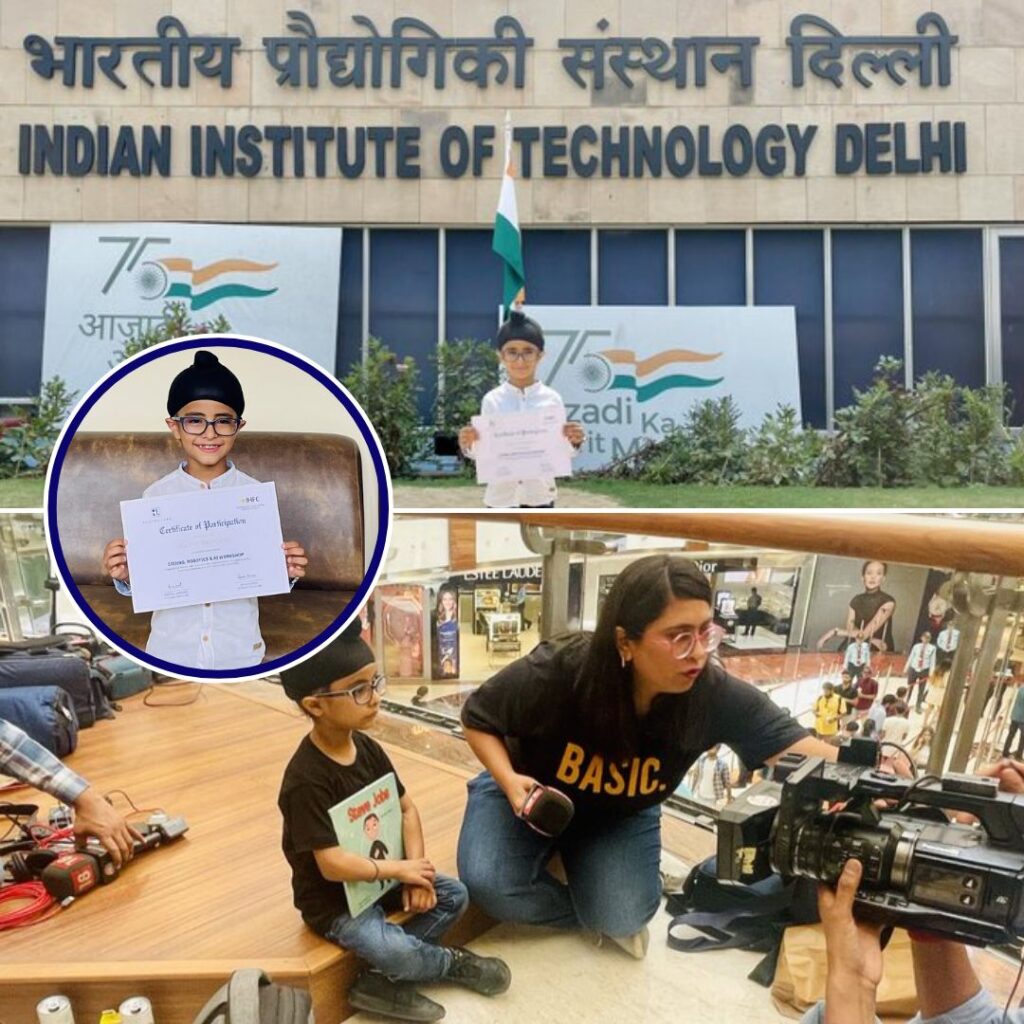Artificial sweeteners, often considered a healthy alternative to sugar, may contribute to faster cognitive decline and accelerate brain aging by about 1.6 years, according to a recent study titled the “Association Between Consumption of Low- and No-Calorie Sweeteners and Cognitive Decline” published in Neurology, the medical journal of the American Academy of Neurology.
The large-scale observational study followed over 12,700 adults for eight years, revealing that those consuming the highest amounts of artificial sweeteners experienced a 62% faster decline in thinking and memory skills compared to those with minimal intake.
Symptoms of Cognitive Decline Associated with Sweeteners
The study primarily focused on cognitive abilities such as memory, verbal fluency (the ability to quickly recall words), working memory, and processing speed. Participants consuming artificial sweeteners equivalent to about one teaspoon daily, the amount in a single diet soda, showed significantly greater declines in these areas. Symptoms reflecting this decline include:
- Difficulty recalling words and numbers
- Reduced ability to rapidly produce relevant words
- Declining memory retention and problem-solving skills
- Slower information processing and mental fatigue
These effects were more pronounced among adults younger than 60 and significantly stronger in individuals with diabetes, who tend to consume higher amounts of these sweeteners.
Risks Highlighted by the Study
The artificial sweeteners examined included aspartame, saccharin, acesulfame potassium, erythritol, xylitol, and sorbitol. Notably, tagatose, a rare sugar, showed no association with cognitive decline.
- Artificial sweeteners are widely used in “diet” or “low-calorie” foods like flavored yogurts, diet sodas, flavored water, and low-calorie desserts.
- Diabetes itself increases risk for cognitive decline, potentially compounding the adverse effects of sweeteners.
- The study is observational and does not prove cause and effect but raises significant concerns.
- The World Health Organization recently classified aspartame as “possibly carcinogenic to humans,” though regulatory agencies like the FDA have differing views.
Preventive Measures to Protect Brain Health
While this study highlights important associations, experts advise caution in interpreting the findings. Recommendations to mitigate potential risks include:
- Limiting intake of artificial sweeteners in processed and diet foods.
- Opting for natural sweeteners such as honey, maple syrup, or coconut sugar where possible.
- Following a balanced diet rich in whole foods, fruits, and vegetables.
- Regularly engaging in activities that stimulate cognitive health.
- Consulting healthcare providers for personalized dietary guidance, especially if diabetic or at risk of cognitive decline.
This new evidence calls for a reevaluation of the “healthy” image of artificial sweeteners, encouraging consumers to make informed choices to protect their cognitive health over the long term.
The Logical Indian’s Perspective
while artificial sweeteners have long been seen as a healthier alternative to sugar, emerging research challenges that notion by revealing their potential impact on brain health. The recent large-scale study demonstrates a clear link between high intake of common artificial sweeteners and accelerated cognitive decline, equivalent to about 1.6 years of brain aging, especially significant for middle-aged adults and those with diabetes.
As research continues to unfold, this study serves as a timely reminder that “low-calorie” does not always mean risk-free for our cognitive well-being. Making informed dietary choices today can help protect the brain’s longevity and function throughout life.
Disclaimer: This article is for informational purposes only and is not a substitute for professional medical advice, diagnosis, or treatment. Always seek the guidance of your physician or other qualified health provider with any questions you may have regarding your diet, health conditions, or medical care.












